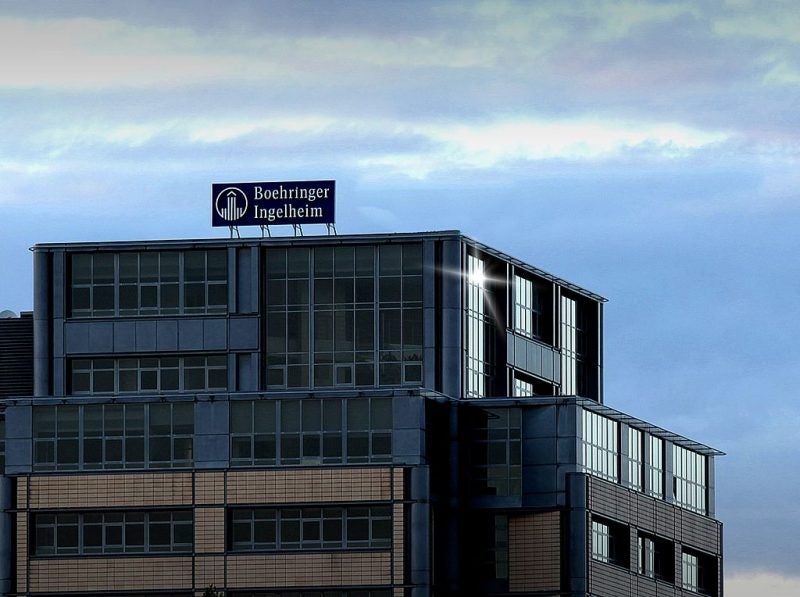
Boehringer Ingelheim has started patient enrolment for the Phase III InPedILD clinical trial of nintedanib in children and adolescents aged six to 17 years with fibrosing interstitial lung disease (ILD).
Childhood ILD (chILD) comprises more than 200 rare respiratory conditions that can affect the breathing ability of infants, children and adolescents.

Discover B2B Marketing That Performs
Combine business intelligence and editorial excellence to reach engaged professionals across 36 leading media platforms.
In certain cases, fibrosis scarring can damage the lungs. chILD currently lacks approved treatments.
Marketed under the brand name Ofev, nintedanib holds approval to treat idiopathic pulmonary fibrosis (IPF). It is also indicated to slow the rate of decline in pulmonary function related to systemic sclerosis-associated ILD (SSc-ILD).
Ofev is also approved for the treatment of patients with chronic fibrosing ILDs with a progressive phenotype.
The double-blind, randomised, placebo-controlled, multi-centre, international InPedILD trial will assess the dose-exposure and safety of nintedanib in patients enrolled at around 70 sites across 24 countries.

US Tariffs are shifting - will you react or anticipate?
Don’t let policy changes catch you off guard. Stay proactive with real-time data and expert analysis.
By GlobalDataNintedanib will be given orally along with the usual care for 24 weeks, followed by open-label treatment for variable duration.
The primary endpoints of the trial are blood concentration of the drug at weeks two and 26 and the number of participants with treatment-emergent adverse events (TEAE) at week 24.
Secondary endpoints include a change in forced vital capacity (FVC) percent from baseline at weeks 24 and 52, absolute change in health-related quality of life, and time to first respiratory-related hospitalisation over the study duration.
Boehringer Ingelheim Medicine Pulmonology associated head Dr Susanne Stowasser said: “Boehringer Ingelheim is proud to start this trial to provide valuable insights as we evaluate this potential treatment for children and adolescents with these rare and heterogenous conditions for which there are currently no treatments with proven efficacy and no randomised controlled trials.
“This study represents our ongoing commitment to address unmet needs and advance research for adult and pediatric patients living with pulmonary fibrosis.”
The new trial builds on the Phase III INBUILD trial conducted in patients with a broad range of progressive fibrosing interstitial lung diseases other than IPF.





